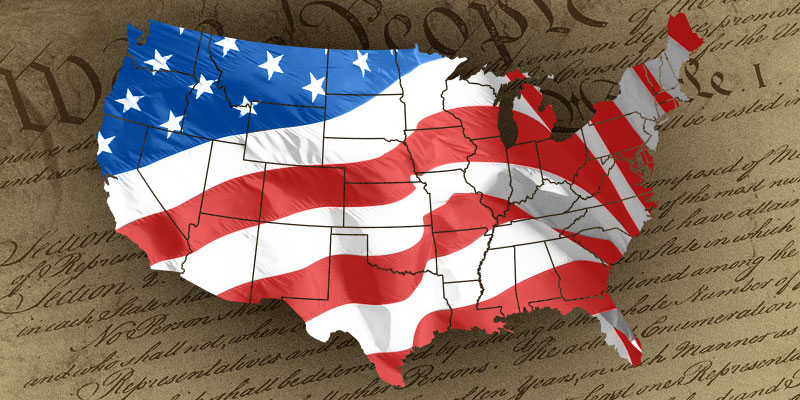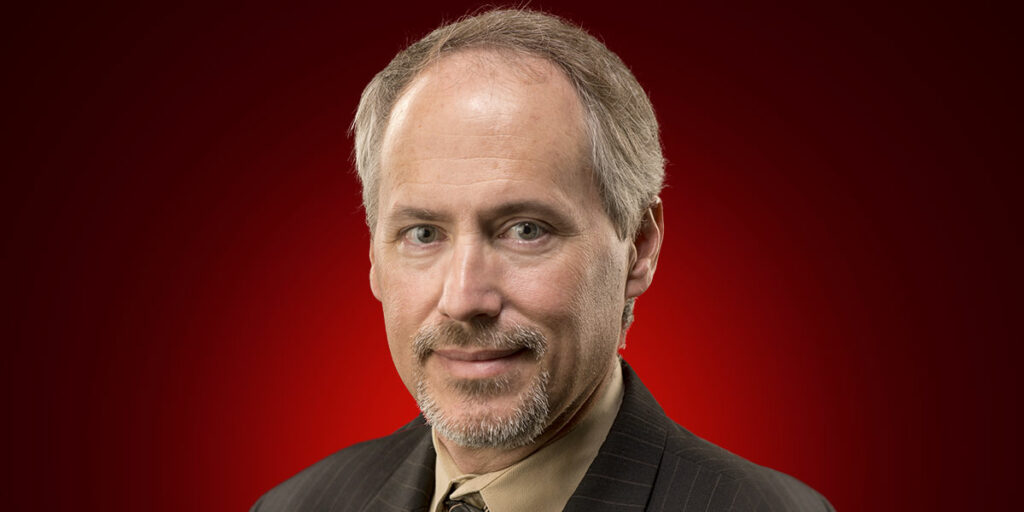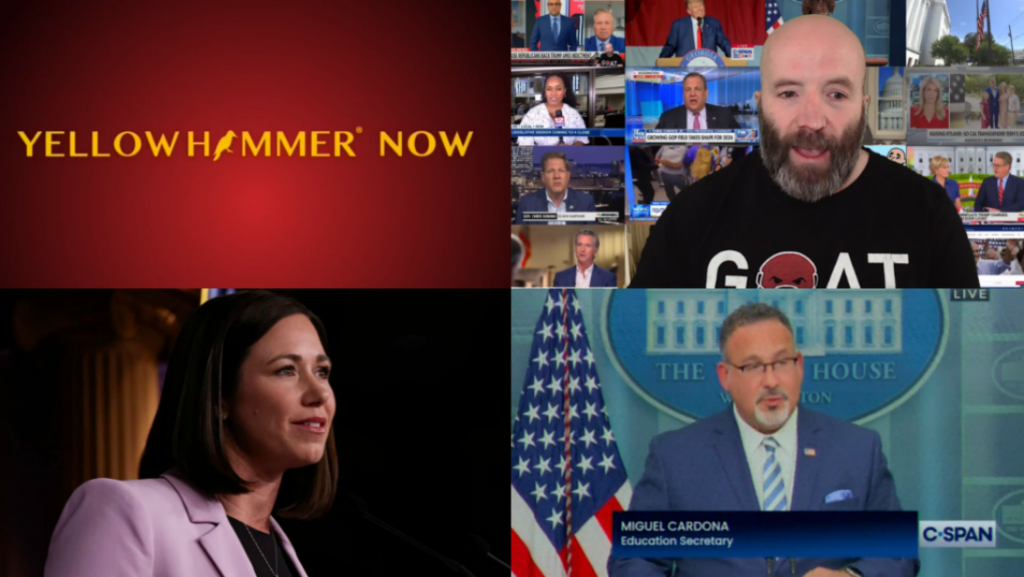America celebrates 222 years of independence this July 4th. Our current political
polarization makes many question whether Americans are still united in freedom. I think
freedom is still widely embraced just two distinct visions.
The leaders of America’s founding generation studied lessons from political
theory and history concerning lost freedom. They were rooted in English liberal political
thought. Liberals sought freedom for the people against rule by kings, emperors, or
pharaohs and had radically altered government in England and Holland.
Thomas Jefferson’s words in the Declaration of Independence encapsulated
liberalism: “all men are created equal, that they are endowed by their Creator with
certain unalienable Rights … That to secure these rights, Governments are instituted
among Men, deriving their just powers from the consent of the governed.” Liberalism’s
foundation is the moral equality of all.
Slavery represented a glaring inconsistency in America’s experiment in freedom.
Liberal principles were inconsistent with slavery; many 19th century liberals were
abolitionists. Throughout human history, monarchs ruled nations and slavery was
ubiquitous. Liberalism eventually ended monarchy and slavery, but change took time.
Liberty as freedom from being ruled by a king is straight-forward. Divergence
occurred with further theorizing about freedom. Is the necessity of work a type of
repression, as reflected in Karl Marx’s “wage slavery”?
Economists think in terms of constraints on our choices, like a households’
budget constraint. Scarcity, the necessity of producing the goals and services we need
and want with limited resources, produces constraints. Making the best choice given
the constraints we face is the essential economic problem.
The divergent views of freedom can be interpreted as two types of constraints
people face. Some constraints result from Nature and scarcity, the need to produce
food, clothing, and shelter. Some constraints are placed on us by others, like kings,
lords, and slave owners. Liberalism addressed human-imposed constraints and viewed
freedom as freedom from interference by others.
A second vision of freedom addresses the constraints that Nature places on us
through scarcity. Economic rights secured by the government provide people with
sustenance for survival and liberate them from the necessity of working hundreds (or
thousands) of hours each year in a dreary job.
The push for economic rights emerged after political rights and the market
economy produced prosperity. A society at the subsistence level has no surplus
production to redistribute. With the Great Enrichment and modern prosperity, many
people produce more than they need to survive or live comfortably.
Proponents of the first approach view government efforts to provide economic
rights as coercive. Healthcare or housing must be produced before being provided to
anyone by right, and the government pays the cost. Taxpayers face forced labor until
Tax Freedom Day to provide the economic rights of others.
Proponents of the second vision do not consider this coercive. Representative
democracy ensures that citizens must give their deliberate consent to taxes and the
welfare state. Taxation with representation is not the tyranny of a king’s armed men
seizing your possessions.
We have two visions of freedom. One minimizes the constraints from other
persons and regards Nature’s constraints as natural. The second balances the
impositions from Nature and others. Conservatives and libertarians typically embrace
the former, progressives the latter.
I think that most Americans still care very deeply about one of these visions of
freedom. That the meaning of freedom has been elaborated over the last 250 years
should surprise no one. Many great thinkers have explored freedom since Jefferson
penned the Declaration.
Many people believe that freedom is worth fighting for; the accounts of George
Washington and his army or Mel Gibson’s speech in Braveheart inspire many of us.
Increasingly Americans on the right and left see themselves in an existential battle to
defend their freedom. A battle between two groups of freedom fighters is sure to be
ugly. We could perhaps ratchet down the acrimony by recognizing that we all value
(different shades of) freedom.
Daniel Sutter is the Charles G. Koch Professor of Economics with the Manuel H.
Johnson Center for Political Economy at Troy University and host of Econversations onTrojanVision. The opinions expressed in this column are the author’s and do not necessarily reflect the views of Troy University.










